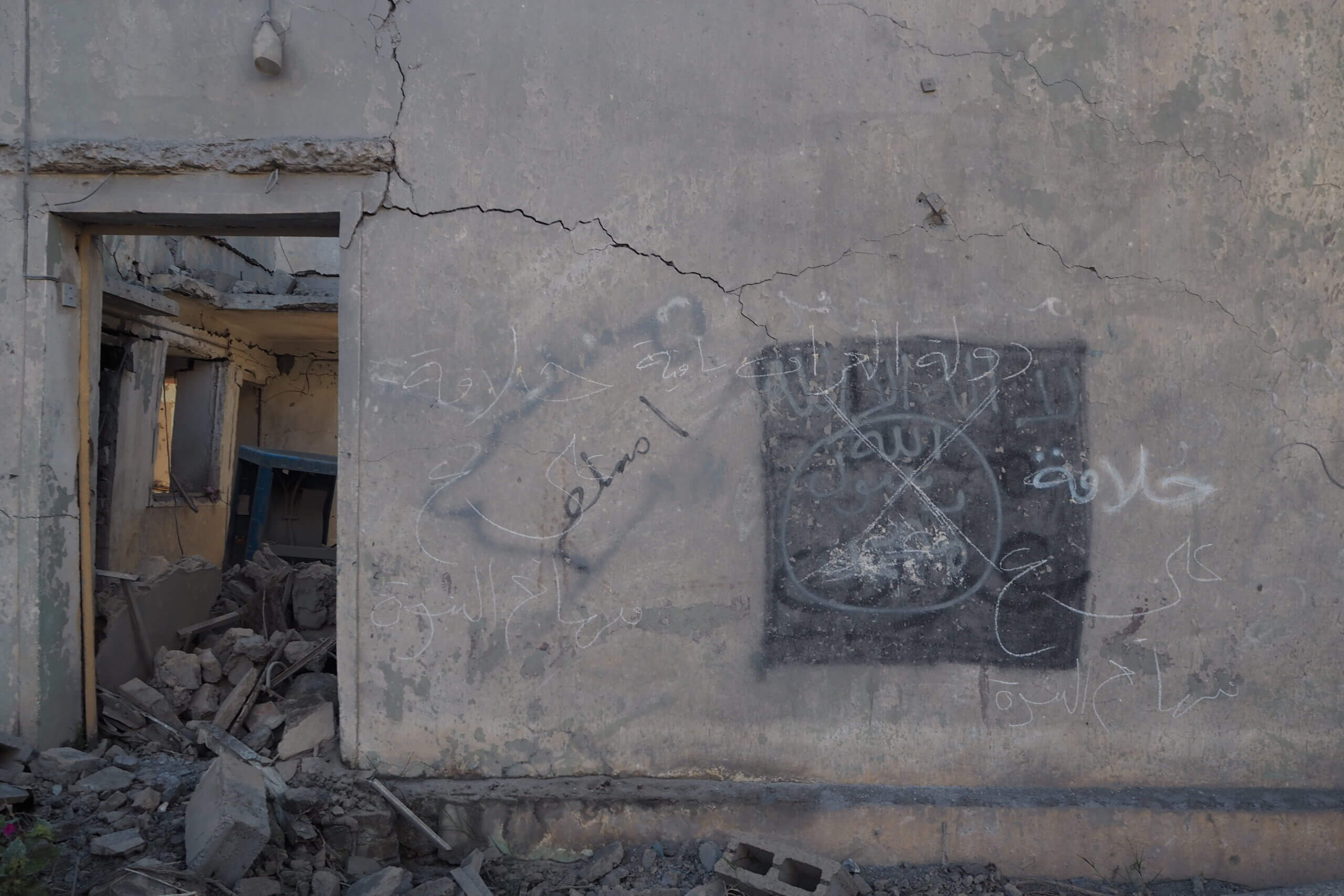The following Private Notice Question will be considered later today:
Lord Alton of Liverpool to ask Her Majesty’s Government what assessment they have made of the war in the Ethiopian province of Tigray and what action it is taking to coordinate international action to prevent further conflict. To be answered by Baroness Sugg (Foreign, Commonwealth and Development Office).
The Coalition for Genocide Response is deeply concerned at reports suggesting that atrocity crimes are underway in Ethiopia’s Tigray region.
End of August 2020, Genocide Watch issued a genocide warning for Ethiopia ‘due to the government’s inaction to stop ethnically motivated violence between Oromo, Amhara, Tigrayan and Gedeo peoples.’
In October 2020, Simon-Skjodt Center for the Prevention of Genocide, US Holocaust Memorial Museum warned about the high risk of further atrocities: ‘The multiple conflicts currently roiling Ethiopia and the willingness of antagonists to use violence against civilian populations indicates a risk of further atrocities. As more separatist actors and armed groups take advantage of unrest spreading to further regions of Ethiopia, state security could again target civilians. Leaders in the Tigray region have already defied the central government by conducting regional elections in advance of the delayed national elections, now slated for 2021. The armed youth-led mobs who targeted and killed Oromo and Amhara community members in July have not faced justice. Resentment directed at the Abiy administration from the Oromo opposition is only growing.’
On 20 November 2020, UNHCR reported that ‘the numbers of people fleeing Ethiopia’s Tigray region for eastern Sudan now exceed 33,000.’ (Read the full report here: https://www.unhcr.org/uk/news/briefing/2020/11/5fb78cec4/urgent-support-needed-help-ethiopian-refugees-reaching-sudan.html)
On 22 November 2020, The Sunday Telegraph warned that Ethiopia ‘may be on the edge of genocide.’
While the atrocities are yet to be analysed against the legal definition of genocide, the above reports are highly concerning.
The Coalition for Genocide Response would like to draw your attention to the duty to prevent genocide under the UN Convention on the Prevention and Punishment of the Crime of Genocide. The International Court of Justice confirmed that ‘a State’s obligation to prevent, and the corresponding duty to act, arise at the instant that the State learns of, or should normally have learned of, the existence of a serious risk that genocide will be committed. From that moment onwards, if the State has available to it means likely to have a deterrent effect on those suspected of preparing genocide, or reasonably suspected of harbouring specific intent (dolus specialis), it is under a duty to make such use of these means as the circumstances permit.’ [emphsis added]
In order for the UK Government to fulfil its duties under the UN Convention on the Prevention and Punishment of the Crime of Genocide, the UK must assess the risk of genocide and act upon.
In 2011, the Jacob Blaustein Institute for the Advancement of Human Rights, in cooperation with the Office of the UN Special Advisor for the Prevention of Genocide developed the Compilation of Risk Factors and Legal Norms for the Prevention of Genocide (the Compilation). The Compilation identifies 22 risk factors specific to genocide under two sub-groups: 1) discrimination-related risk factors, and 2) risk factors related to violations of the right to life and personal integrity.
These should be used to help to assess the situation and inform the UK Government’s response.

